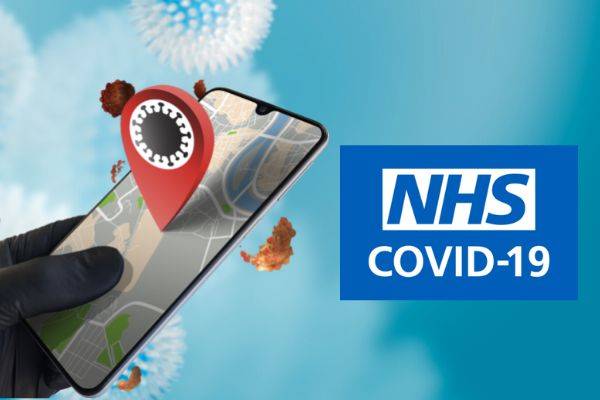A Peer-reviewed study revealed that the NHS contact-tracing app in the UK prevented 594,000 out of 1.89 million cases between October and December 2020, reducing the second wave by almost 25%
According to a peer-reviewed report, the NHS contact-tracing app significantly reduced the coronavirus’s spread in the UK. Researchers believe that the app stopped thousands of deaths and many cases of the disease. Some of the researchers had already made some of the projections public after taking part in the development of the NHS contact-tracing software.
However, the publication in Nature indicates that the manuscript has undergone peer review. It has been made available as a brief look at papers that will soon be published. The paper includes the period from the app’s release on September 24, 2018, until the end of 2020. According to the study, 16.5 million people, or around 28% of the population of the UK, “used it regularly” after the release of the app until the last month of 2020.
It operates by measuring how near and for how long a user is to other app users using the smartphone’s sensors. The app can send out a warning instructing those who have been in close touch to isolate themselves if one of those individuals tests positive for the coronavirus. According to the research paper, the app sent out over 1.7 million “exposure notifications.”
The NHS is focusing on the delivery of procedures and other non-urgent medical problems. NHS as part of an £8.1 billion effort to assist the healthcare system in recovering all patient services after the pandemic. To speed the adoption of digitally supported treatment and expand access to it for more patients, the new elective recovery tech fund has been formed to guide organizations throughout the NHS in England.
Integrated Care Systems has been given this year access to up to £250 million. NHS’s upcoming online meeting will examine this significant investment and approach to pinpoint some crucial difficulties and useful lessons that have emerged in recent months. We completely fund and offer CPD-accredited attendance to all eligible NHS-based senior managers and executives as a means of supporting the NHS.
The government organization in charge of aiding Innovate UK is UK Research and Innovation (UKRI). UKRI has made special endeavors this year to fund research and development initiatives that address COVID-19’s consequences. Over 1,000 SMEs have so far been awarded grant money for coronavirus-related projects in the healthcare, pharmaceutical, and technology industries.
The first method was a “modeling” one that relied on presumptions regarding the spread of disease and adherence to quarantine. The second task involves reviewing information from community officials on actual cases. To evaluate their respective effects, each was contrasted with the app’s usage statistics. According to researchers, 284,000 cases were avoided using the first method and 594,000 when adopting the statistics approach. Thus, 4,200 or 8,700 deaths were averted, respectively.
Accurate risk classification at the admission of these patients requires a rapid prioritization of therapeutic therapies in severe COVID-19. A University of Cambridge named Bicycle Therapeutics had an IPO in 2019 and raised £47.9 million. This biotechnology business creates unique treatments and therapeutic options, mainly for people with chronic conditions, using its unique bicyclic peptide technology.
For a COVID-19 project, Bicycletherapeutics was awarded the highest research funding from Innovate UK in September, totaling £2.13 million. The company wants to create brand-new antiviral medications for pandemics using its technologies. Additionally, it sees promise in anti-inflammatory therapies for COVID-19 patients at advanced stages. The duration of this multi-faceted project is set for May 2021.
Also, Read More About –
